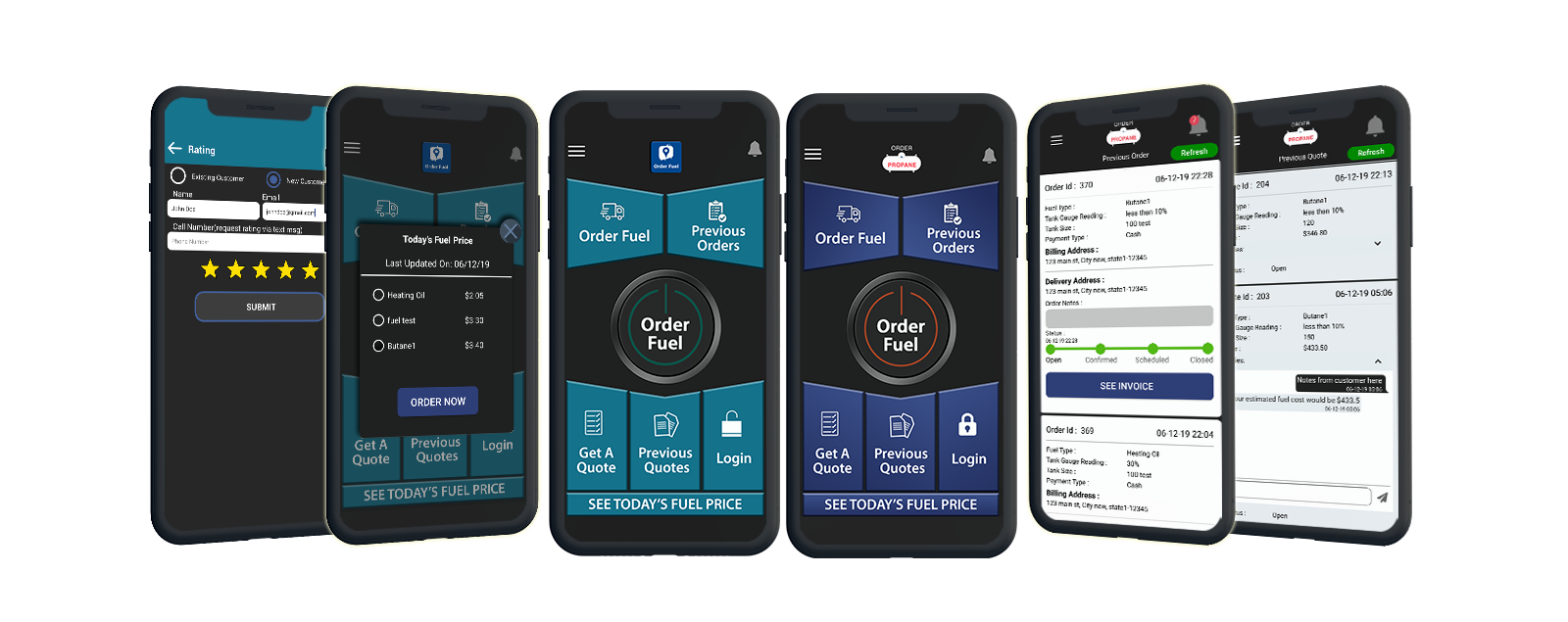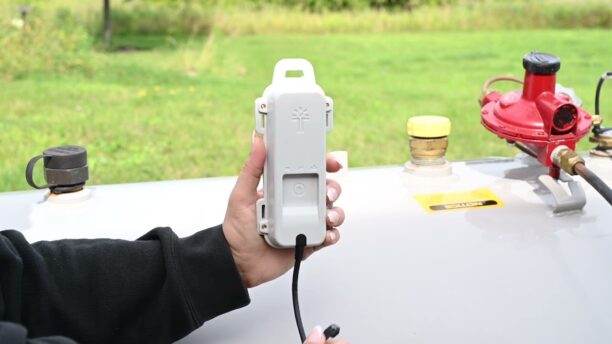Optimizing Operational Excellence
Entrepreneurs often face the challenge of optimizing operations to remain competitive while delivering top-notch services to customers. Let’s delve into some practical strategies for enhancing business operations tailored specifically for small propane companies. Understanding Customer Needs Central to any successful propane business is a deep understanding of customer needs. Small companies can conduct regular surveys… Continue reading Optimizing Operational Excellence
Entrepreneurs often face the challenge of optimizing operations to remain competitive while delivering top-notch services to customers. Let’s delve into some practical strategies for enhancing business operations tailored specifically for small propane companies.
Understanding Customer Needs
Central to any successful propane business is a deep understanding of customer needs. Small companies can conduct regular surveys or engage in direct conversations with clients to gather feedback on service quality, delivery preferences, and potential areas for improvement. By actively listening to customer insights, businesses can tailor their operations to better meet client expectations, fostering long-term loyalty and satisfaction.
Efficient Route Planning
Efficient route planning is crucial for optimizing delivery operations and minimizing fuel consumption. Small propane companies can leverage technology solutions, such as route optimization software, to streamline delivery routes, reduce travel time, and maximize the number of deliveries per trip. By implementing smart route planning strategies, businesses can enhance operational efficiency, reduce costs, and improve overall service reliability.
Investing in Training and Development
A well-trained workforce is essential for delivering high-quality propane services and ensuring operational excellence. Small propane companies can invest in comprehensive training programs to equip employees with the necessary skills and knowledge to handle propane safely and efficiently. Training initiatives should cover topics such as propane handling procedures, safety protocols, customer service best practices, and equipment maintenance. By prioritizing employee training and development, businesses can enhance operational effectiveness and foster a culture of continuous improvement.
Implementing Robust Safety Protocols
Safety is crucial in the propane industry, and small businesses must prioritize the implementation of robust safety protocols to protect both employees and customers. This includes conducting regular safety inspections, providing proper safety equipment and gear, and ensuring compliance with industry regulations and standards. By maintaining a strong focus on safety, propane companies can mitigate risks, prevent accidents, and uphold their reputation for reliability and professionalism.
Embracing Technology Solutions
Technology plays a vital role in optimizing business operations for small propane companies. From advanced delivery tracking systems to automated inventory management software, technology solutions can streamline processes, improve efficiency, and enhance overall productivity. Small businesses should explore and invest in tech tools like the Custom Fuel App that align with their specific operational needs, leveraging innovation to gain a competitive edge in the market. With invaluable resources like this, small businesses can optimize their operations, drive growth, and thrive in the dynamic propane industry. For more information on how your company can achieve these goals, visit CustomFuelApp.com today.



